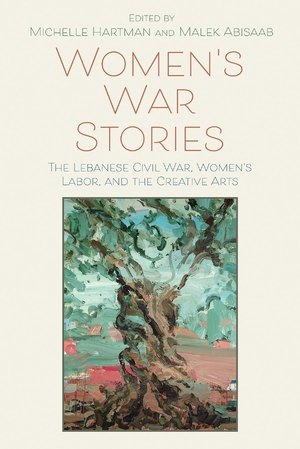"War's Other Voices is a book to cherish: it is an extensive and rewarding study of women writers: The Beirut Decentrists. . . . [They] have produced a body of literature—fiction, poetry, essays, and short stories—informed by feminist afflatus that gives it a distinction within the vast corpus of war literature."—World Literature Today
Description
This book challenges the assumption that men write of war, women of the hearth. The Lebanese war has seen the publication of many more works of fiction by women than by men. Miriam Cooke has termed these women the Beirut Decentrists, as they are decentered or excluded from both literary canon and social discourse.
Although they may not share religious or political affiliation, they do share a perspective which holds them together. Cooke traces the transformation in consciousness that has taken place among women who observed and recorded the progress towards chaos in Lebanon.
During the so-called “two year” war of 1975-76 little comment was made about those (usually men in search of economic security) who left the saturnalia of violence, but with time attitudes changed. Women became aware that they had remained out of a sense of responsibility for others and that they had survived. Consciousness of survival was catalytic: the Beirut Decentrists began to describe a society that had gone beyond the masculinization normal in most wars and achieved an almost unprecedented feminization. Emigration, the expected behavior for men before 1975, became the sin qua non for Lebanese citizenship.
The writings of the Beirut Decentists offer hope of an escape from the anarchy. If men and women could espouse the Lebanese women’s sense of responsibility, the energy that had fueled the unrelenting savagery could be turned to reconstruction. But that was before the invasion of 1982.
About the Author
miriam cooke, professor of Arabic language and literature at Duke University, is the author of The Anatomy of an Egyptian Intellectual, Yahya Haggi. She is an editor for Syracuse University Press's Gender, Culture, and Politics in the Middle East series.
August 1996




